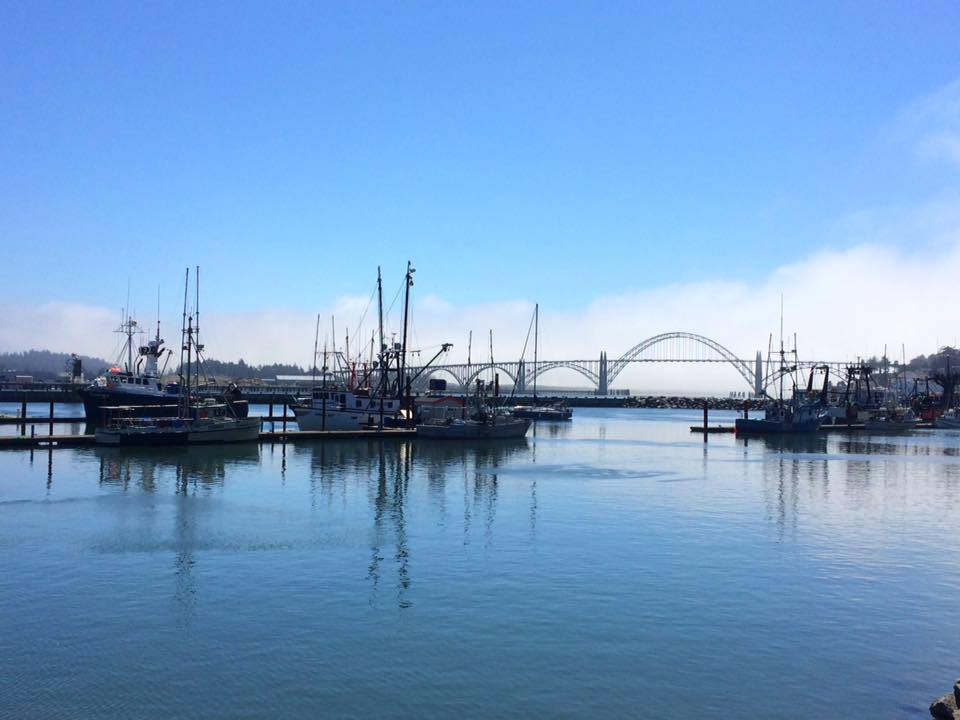Oregon Department of Energy and Central Lincoln PUD Tapped for National Governors Association Project to Modernize Electric Power Sector
CONTACT:
Rachel Wray, 503-689-0294
Joint Application Sponsored by the Office of Governor Brown Emphasized Importance of Improving Local Energy Resiliency
SALEM — The National Governors Association announced last week that a team spearheaded by the Oregon Department of Energy and Central Lincoln People’s Utility District has been selected to participate in the Policy Academy on Grid Modernization hosted by the NGA Center for Best Practices Environment, Energy, and Transportation Division.
NGA policy academies provide extensive technical assistance and resources to participating state teams. Oregon is one of four states invited to participate in this year’s energy-related policy academy, which will help states develop and enhance strategies to modernize their electrical grid, improve power sector resiliency, and support renewable energy.
The joint application from ODOE and Central Lincoln PUD proposed the development of an action plan specific to consumer-owned utilities in Oregon. With a nod to Oregon’s ongoing efforts to boost the resiliency of the state’s electric grid, the project aims to develop best practices for improving power system resiliency and reliability while increasing the amount of clean energy deployed on the grid. Further, the project will identify best practices for consumer-owned utilities for evaluating benefits of and barriers to investments in grid modernization technologies.
The application was bolstered by efforts underway in Oregon. ODOE is already working on numerous strategies that support distributed energy and storage, in addition to enhancing the resiliency of the state’s electric grid. Project partner Central Lincoln PUD, which serves approximately 40 percent of the Oregon coast, is a recent recipient of a $9.9 million Smart Grid Investment Grant from the U.S. Department of Energy. Further, Central Lincoln, as one of 37 consumer-owned utilities serving customers in Oregon, brings a deep understanding of the challenges and opportunities utilities face.
In a letter of support for the project, Governor Kate Brown underscored the importance of thoughtful energy planning statewide, but especially in areas where utility customers are vulnerable to the impacts of a Cascadia earthquake or related tsunami. “It is not enough to know we can meet energy demand on our best days,” Governor Brown wrote. “We also must ensure our energy systems are resilient enough to withstand change, including emergencies.
Over the course of the 16-month policy academy, the project team – which also includes representatives from the Governor’s Office and the Oregon Public Utility Commission – will reach out to stakeholders, other consumer-owned and investor-owned utilities, and regional and national experts. Best practices and lessons learned will be compiled and shared with other utilities and states across the nation addressing similar public policy challenges.

